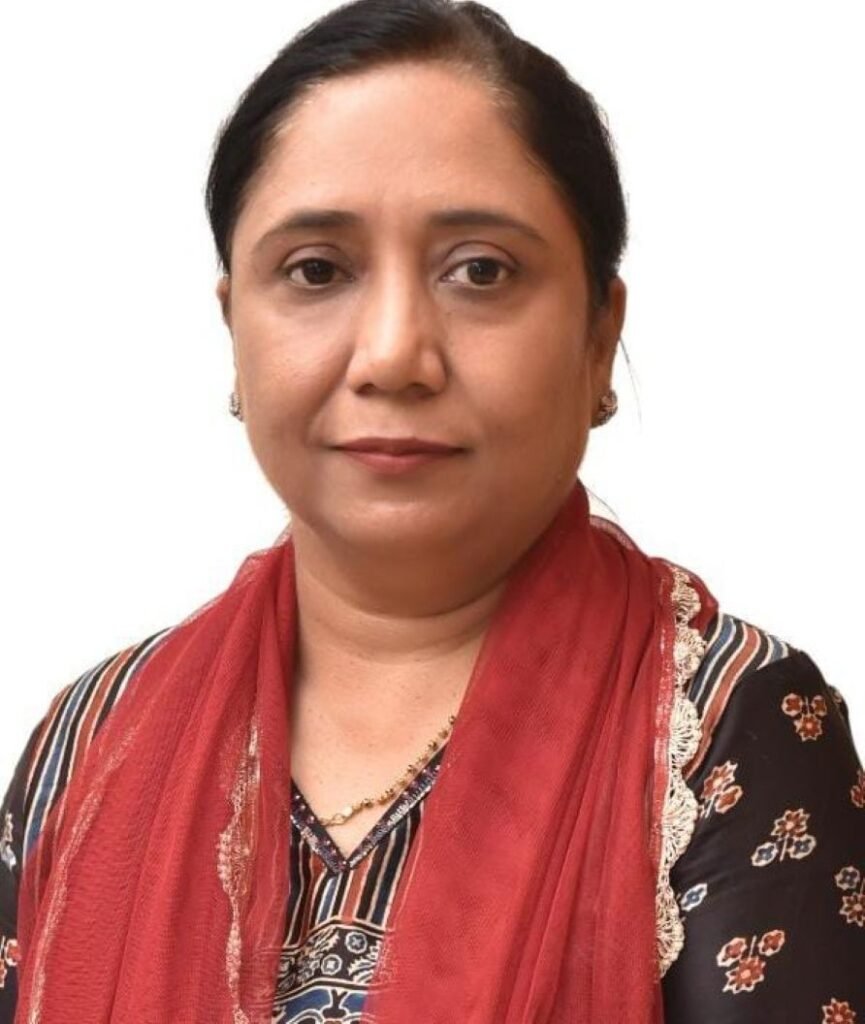In a significant pro-people move, the Punjab government has extended the application window for the Ashirwad Scheme from 30 days to 60 days, aiming to widen access to financial assistance for economically weaker families during marriage ceremonies. The decision, announced as part of the state’s ongoing welfare reforms, has been welcomed by beneficiaries and social organisations who have long argued that acquiring documents and clearing procedural formalities within 30 days was unrealistic for many rural and urban poor households.
The Ashirwad Scheme, which provides monetary assistance to families belonging to Scheduled Castes, Backward Classes, daughters of widows, and economically disadvantaged households during the marriage of girls, remains one of Punjab’s most widely accessed welfare programs. However, due to a strict 30-day application deadline after the marriage date, thousands of eligible families reportedly missed out on benefits every year. The extension to 60 days is expected to significantly reduce exclusion rates and enhance accessibility for vulnerable sections.
Officials in the Social Security, Women and Child Development Department stated that the extension is part of a broader effort to make welfare schemes more user-friendly and responsive to ground realities. Many families struggle to gather mandatory documents such as income certificates, Aadhaar details, bank verification, and caste certificates—especially in rural belts where administrative access is limited. Migrant families, widowed mothers, and households without stable income sources are among those who found the previous timeline unmanageable. Extending the application window acknowledges these barriers and reflects the state’s commitment to inclusive governance.
The government has also instructed district welfare officers to launch awareness campaigns so that families are informed about the new timeline well in advance. This includes outreach through village-level meetings, anganwadi workers, local panchayats, and social welfare committees. Officials note that awareness is often the biggest barrier in welfare implementation—many families simply do not know their eligibility or the steps required to claim benefits. The new drive aims to bridge that information gap by ensuring the changes reach beneficiaries across all districts.
The Ashirwad Scheme has been particularly impactful in regions such as Malwa and Doaba, where socially and economically marginalised communities reside in large numbers. In these areas, the cost of conducting even simple marriage ceremonies can be a major financial burden. Beneficiaries depend heavily on government support to organise essential functions without falling into debt or borrowing at high interest through private lenders. The scheme not only offers financial assistance but also aims to reduce economic vulnerability among families whose daughters are getting married.
Economic analysts note that the state’s decision to ease procedural timelines aligns with the Mann government’s broader welfare governance strategy—simplifying access, speeding approvals, and removing bureaucratic bottlenecks. In recent months, the government has introduced reforms in pension delivery, health insurance verification, and education scholarships, all aimed at improving service delivery for lower-income families. Extending the Ashirwad Scheme deadline is seen as a natural continuation of this policy direction.
The extension also holds administrative significance. District-level officers previously faced high rejection rates due to the 30-day limit, which created additional workload and complications. Many families, unaware of the deadline or unable to submit complete documents, approached offices late, leading to procedural delays and appeals. By offering a 60-day window, the government aims to reduce such backlogs and improve the overall efficiency of the system.
Social activists working in labour colonies and rural belts describe the extension as a “timely corrective step.” They point out that families dealing with marriage-related financial stress often prioritise ceremonies and community obligations before paperwork. For widowed mothers, single parents, and migrant labour families, managing documentation within tight deadlines is especially challenging. A longer window allows them to complete formalities without panic or exclusion.
While the move has garnered positive reactions, experts caution that timelines alone won’t solve deeper challenges within welfare delivery. They emphasise the need for digital simplification, reduced physical documentation, online tracking systems, and single-window assistance through local governance units. The Mann government is reportedly working on several such reforms to strengthen transparency and accessibility.
For now, however, the extension marks a significant step toward reducing the exclusion of deserving families. Officials estimate that with the 60-day window, thousands of additional households across Punjab will successfully complete applications this year alone, especially in rural areas where administrative access is often limited.
As the state continues its push toward welfare-oriented development, the Ashirwad Scheme’s enhanced access will play an important role in ensuring dignity and support for disadvantaged families during one of the most significant life events. The new decision reflects a governance philosophy focused on empathy, inclusion, and practical execution—key pillars of Punjab’s ongoing welfare transformation.
